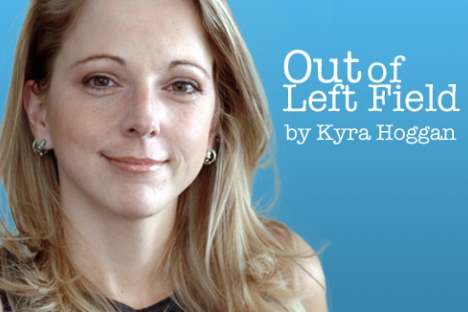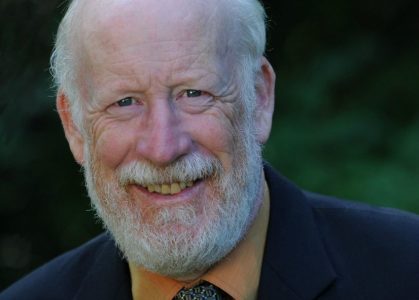OUT OF LEFT FIELD: One of the most important ways to manage tragedy
It makes me very sad to be having to write this again, and that we once more find ourselves coping with a horrific couple of months in our region – motor vehicle fatalities and injuries, fires, unexpected deaths, community icons lost.
I think the knee-jerk reaction of most good people is to want to do something, to help in some way. Unfortunately, there is very rarely anything to be done, bar kind gestures toward first responders and donations to support agencies such as the food bank.
The one thing people can and should do – in fact, are morally obliged to do – is be silent, particularly on social media.
By all means, post questions about why the highway is closed, or post to warn other motorists to find alternate routes. Otherwise, it’s simply not your business.
No one understands more than I the allure of being in the know, having the scoop – to see FB overrun with questions about a given incident, and just how compelling it can be, to know (or at least think) you can provide answers. Or worse yet, if you are impacted by the tragedy in question, the deep desire to seek comfort from your online community.
But, unless the person lost is your child, spouse or parent, it is simply not your story to tell, and the staggering pain you can cause without any ill intent far, far outweighs any potential positive gain you might get from the post.
Imagine losing your father/son/daughter/wife, then either finding out about it on Facebook or via the rumour mill … or even having been properly notified by authorities, then reading on Facebook that it was suicide, they were drunk, they were fleeing a bad situation, whatever. Whether that speculation is accurate or not, it would be devastating to read.
This has twice happened to me, when I have lost friends, and the family wasn’t given the opportunity to tell people like me before the keyboard warriors chose to blurt it out all over social media without counting the cost to the people closest to the situation. It absolutely compounded what was already terrible grief – and I wasn’t even a family member.
Our need to do something, when it translates into posting on social media, is utterly and completely trumped by the needs of the family, and to react at their expense is the height of selfish cruelty, no matter how good a place it’s coming from. This is particularly true in a community as small as ours, where what you think is a private post quickly makes its way through the rapid-fire rumour mill.
When police hold off on providing information or decline to speculate, it’s not out of any desire to keep us in the dark – it’s a humane effort to a) make sure the facts they have are correct, and b) ensure first of kin have been notified and won’t learn on social media that they’ve lost a loved one. Both of these endeavours take time, and the very least the rest of us can do is quietly wait until they are done.
This holds true when it’s a natural death as well – it’s the family’s right and decision to post (or not).
I’ve even been told of a couple who was going through a difficult stretch and had family members (who weren’t even on social media) calling to ask about their impending divorce based on an erroneous FB post. To their credit, they handled it with great hilarity, even posting an event about the ‘divorce party’ they were throwing (but not before informing their loved ones that it was a lark).
Lots of us, particularly those of us who post prolifically, have made foolish, even cruel judgement calls with the very best of intentions (myself probably more than most), and I’ve found the best way to avoid that when it comes to someone else’s pain, is simply be quiet. Say nothing until/unless the people who have a right to speak do so.
It may notfeel like doing something, but it is one of the very kindest thing you can do.


























Comments